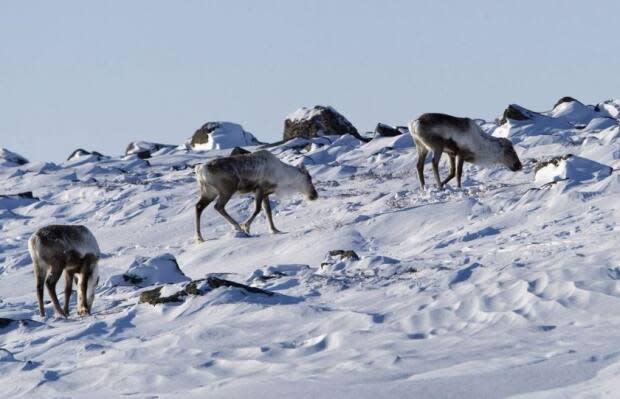N.W.T. committee to incorporate Indigenous knowledge into species at risk assessments

A Northwest Territories committee is changing its process for determining species at risk with the goal of better reflecting Indigenous and community knowledge.
The N.W.T. Species at Risk Committee (SARC) made the announcement in a news release Tuesday. It says it will now use two separate sets of criteria based on Indigenous and community knowledge, and scientific knowledge, respectively.
The final species assessment can be supported by criteria from either, or both, knowledge systems, depending on the best available information, the release says.
"Around the world, accepted standards for species at risk assessments are based strongly in western science," Leon Andrew, chair of the Northwest Territories Species at Risk Committee, said in a statement.
"However, there is increasing acceptance that Indigenous and community knowledges are systems of knowing in their own right that do not need to fit within a model of, or be verified by, western science."
Both knowledge systems to exist as equals
The release says it became "clear" to the committee that the assessment process needed to be "rethought and rebuilt" so that it "recognizes the local, holistic, eco-centric and social-spiritual context of Indigenous knowledges."
The new guidelines are consistent with the Convention on Biological Diversity, it says.
"Through a more balanced and holistic approach to species assessment, SARC hopes to provide room for both knowledge systems to exist and interact as equals," the release reads in part.
The committee's assessment process and objective biological criteria now significantly differ from those used by the Committee on the Status of Endangered Wildlife in Canada, and the International Union for the Conservation of Nature, according to the release.
The new assessment process will be applied for the first time to the re-assessment of polar bears in April 2021.
The committee says it will regularly review the effectiveness of the new assessment criteria.

 Yahoo Finance
Yahoo Finance 